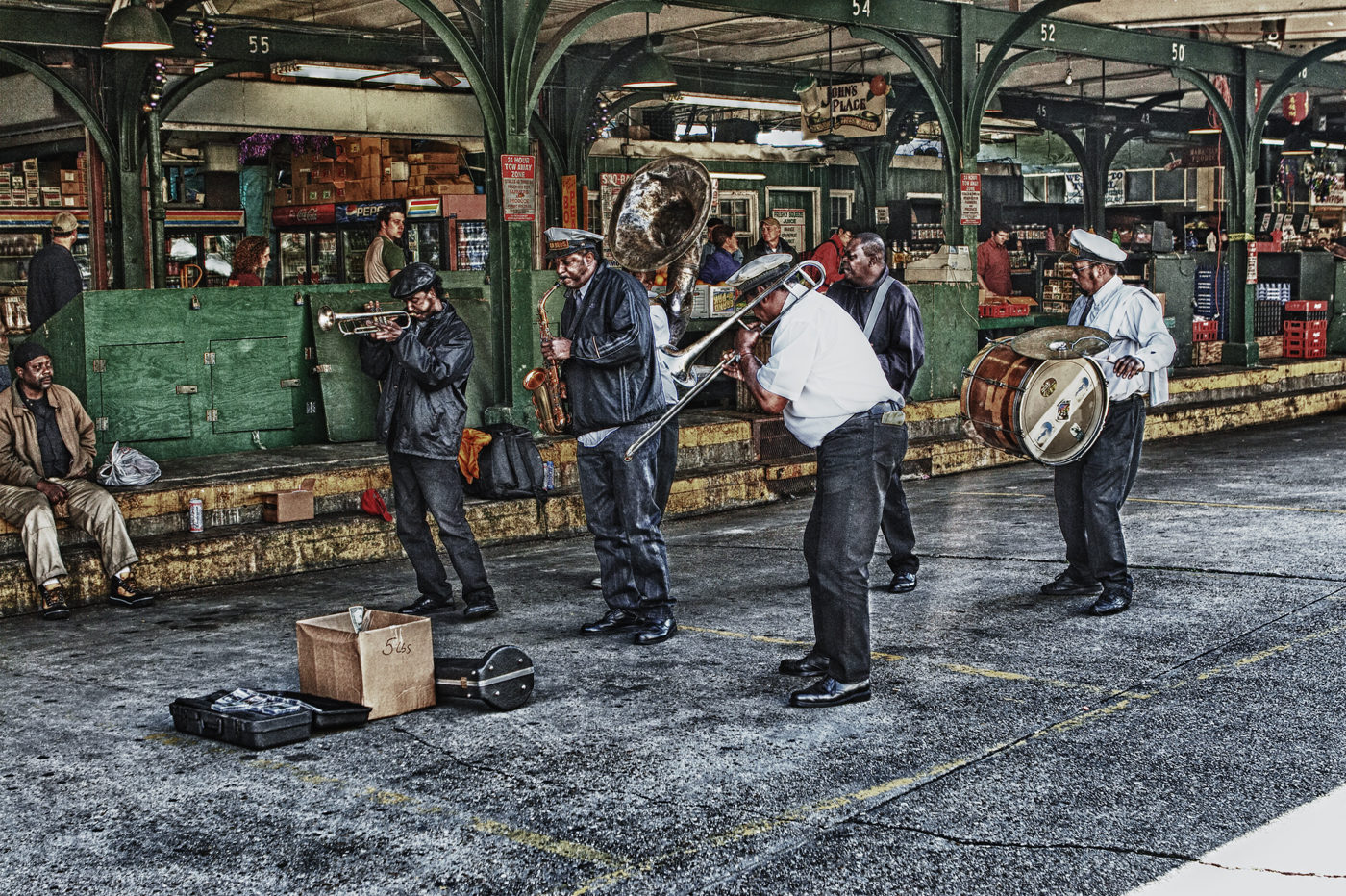“Michael Brantley’s Galvanized is a conscientious and sweeping hybrid narrative gathering together fragments of the author’s personal history—that of his great-great-grandfather’s life in nineteenth-century North Carolina—alongside elaborately researched accounts of the Civil War. When Brantley offers, ‘These were the stories that had become interesting to me, the stories about real people, regular people,’ he focuses our attention on the plural, people, and reminds us how interconnected our histories are and forever will be.”
—Jon Pineda, author of Let’s No One Get Hurt
In all the interviews I’ve done so far talking about Galvanized, one common question has been “why did you write the book?” (The next is usually “how long did it take?” I think this is a good question, and I tried to answer that in the Introduction of the book.
An excerpt from there is here:
This book is meant to offer a history, a personal story, and a plea to look at this era in American history from other viewpoints, to move the camera from its fixed position, perhaps around to the side …
… History doesn’t seem so far removed when the stories aren’t about icons but about real people. This history is often more truthful and more interesting.
The Civil War is not an either/or moment in history—it was a complex and complicated and tangled time, as were the people involved—and
it is almost impossible to give short explanations or untangle their beliefs and thoughts and actions. What I thought I knew was met with many turns, and my ideas about the war shifted numerous times while researching this book. This time period was the most knotted time in the history of this great country …
What is written here is in no way meant to glorify the war, or one man or any men. It is meant to show the struggle and the conflict, not just in the field but in the conscience and in the morals of the people of America in the middle of the nineteenth century, a time full of contradictions. It illustrates that history, and the men and women who made it, were imperfect. It is complicated beyond belief, and time has not made it less so.
There is a lot of corruption in the view of the Civil War by those living a century and a half later. There are a lot of half-truths, untruths, stereotypes, assumptions, and general misunderstanding.
Presentism is part of the problem, of course …
… When we will recover from that war is up for debate.
P.S. I very much appreciated the words of nationally acclaimed author Jon Pineda above. Jon is an author of nonfiction and fiction, and an award winning poet who lives in Virginia. His memoir (Sleep in Me) about his sister’s traffic accident on the North Carolina OBX is powerful — I highly recommend it.

